Nestled at the easternmost tip of Sarmi Regency, the village of Kaptiau is rich with stories of natural abundance and the unwavering resilience of its community. Straddling the border with Sawe Suma Village in the Unurum Guay District of Jayapura Regency, Kaptiau boasts a stunning coastline dotted with vibrant coconut trees and clear blue waters, an embodiment of its fertile land and lively spirit.
In addition to its large fish, Kaptiau supplies coconuts to Jayapura City and nearby regions. The villagers find sustenance in large fish, coconuts, freshwater clams (bia), and karaka crabs (brachyura), a treasure trove of natural wealth passed down through generations. However, beneath this surface of abundance lies a simplicity in lifestyle, as the people of Kaptiau grapple with the challenges of achieving economic stability.
The biggest hurdle they face is transportation. When boat transport temporarily halts, access to the village becomes nearly impossible. Daily life becomes a struggle, food prices skyrocket, and the costs of selling local produce soar due to logistical challenges.
Dusun Kelapa
Dusun Kelapa is situated some distance from Kaptiau’s main settlement. During low tide, residents can cross the river estuary on foot, but when the tide rises, the only option is to navigate through the waters in small rowing or motorboats.
This area is crucial for the villagers’ livelihoods. In the past, fresh coconuts sold for just IDR 1,000 each. However, there has been a notable shift towards processing coconuts into copra, the dried meat used for oil and other products. This transformation has increased the value of coconuts to IDR 2,000 each, while copra now sells to local intermediaries for around IDR 3,000–4,000 per kilogram.

Coconut plantations in Kaptiau are typically managed by families or clans, with each household cultivating around 1 to 1.5 hectares of land. Despite facing limited resources, the community collaborates to harvest, split, and dry the coconut meat on bamboo racks. Buyers, including those from the Yora Mekhande Jaya Cooperative, often come directly to Dusun Kelapa. This cooperative partners with the EcoNusa Foundation and KOBUMI to enhance the marketing of their locally produced copra.
Read More: Yora Mekhande Jaya: Independence Through Papua Copra
From Selling to Bartering

Previously, the community used the income from copra sales to buy daily necessities, especially food. However, as transportation costs skyrocketed and boat services became less reliable, the villagers adapted to a barter system. Nowadays, rather than always selling copra for cash, they exchange it for food and household goods, a practice locally referred to as Bapok. This exchange system has enabled the villagers to meet their basic needs, even amid market isolation.
“It’s much simpler to use the barter system like this,” Mama Bwara, a copra farmer from Kaptiau Village, explained. “We don’t have to worry about spending money on boat fares just to pick up things for the kitchen. Instead, we trade our copra directly for what we need, so both sides come out ahead—no one loses. We typically exchange copra for bama, which includes essentials like rice, sugar, coffee, tea, or cooking oil. And when we receive sugar and flour, we often whip up cakes for church gatherings at home,” she added.
This barter arrangement is a brilliant adaptation, sparing villagers from costly, lengthy trips to neighboring towns where food prices often soar. Since the 1990s, the residents of Kaptiau have been cultivating and selling coconuts and copra. Today, 12 families in Dusun Kelapa continue to supply copra to the cooperative, with most opting to trade through barter rather than cash.
From the far east of Sarmi, the local economy thrives not just on currency but also on trust and community spirit. Here, copra is more than a mere commodity; it serves as a means of exchange, a lifeline, and a testament to the resilience and hope of a community dedicated to preserving its natural heritage, despite the hurdles of everyday life.
Text: Jean M. Marien | Photos: Jean M. Marien



